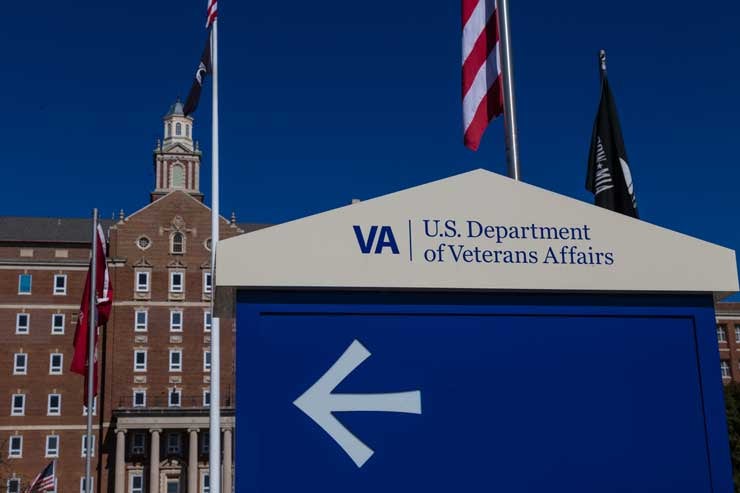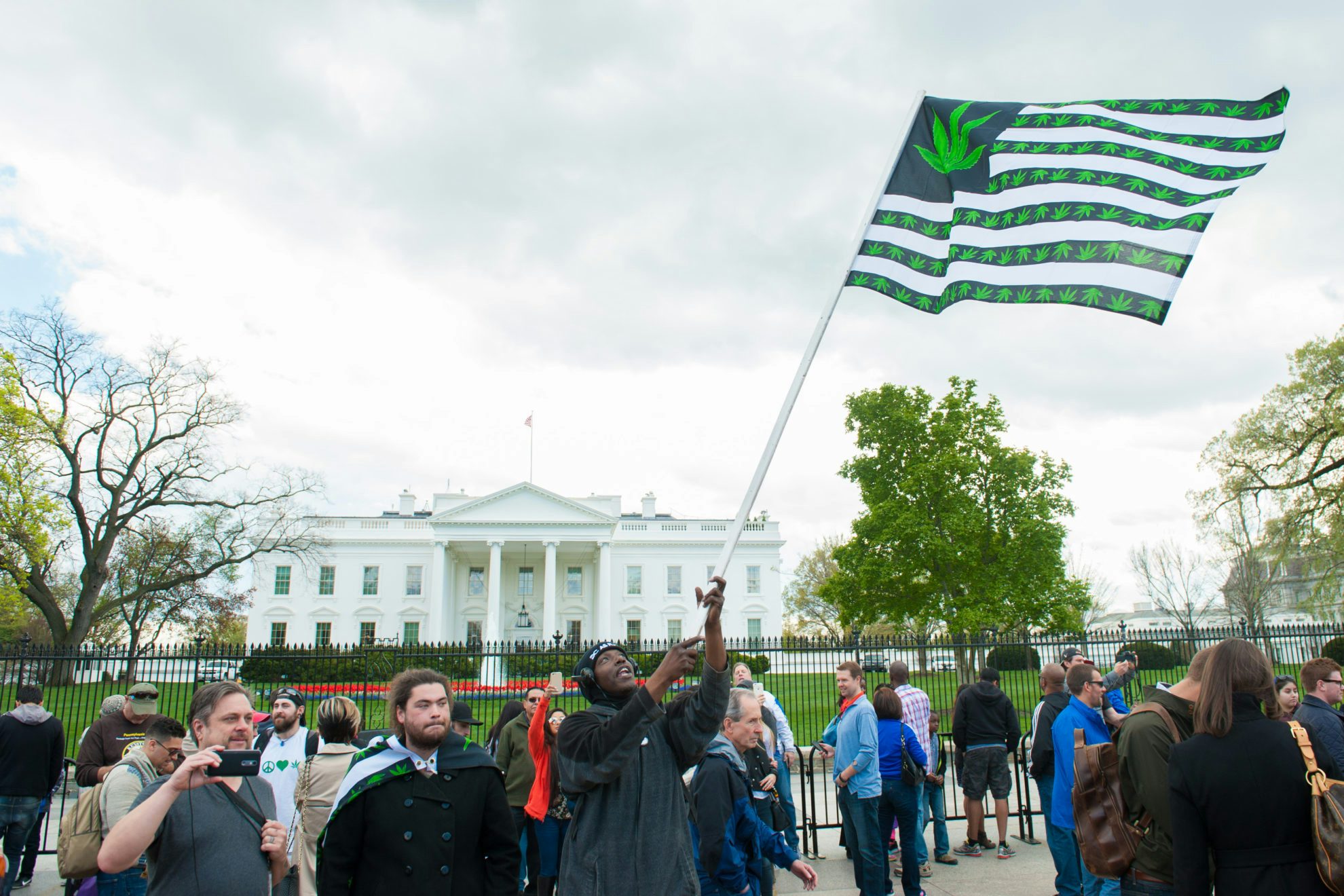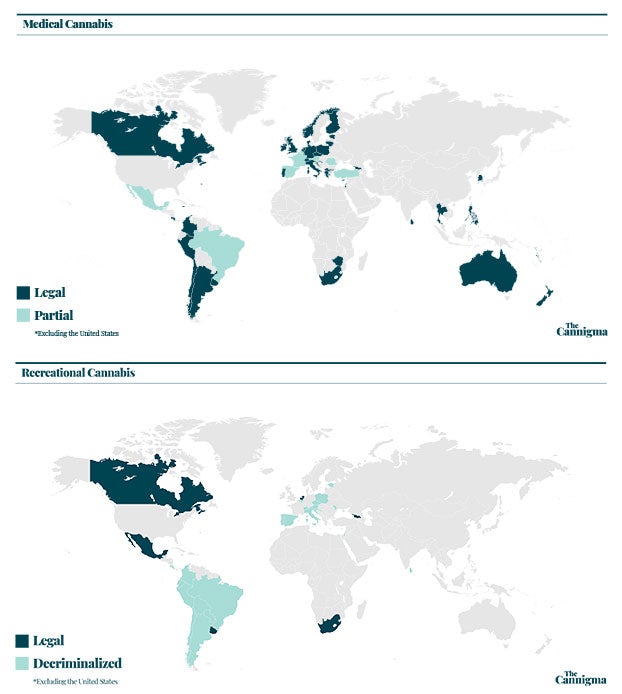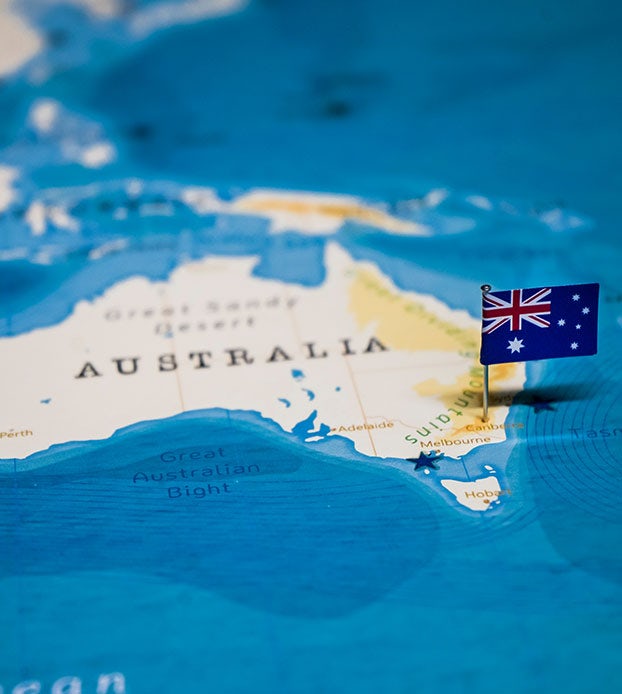Scientific and anecdotal evidence suggests that THC and CBD are helpful in treating chronic pain and PTSD, two conditions that many soldiers bring back with them after tours of duty. Cannabis and PTSD research shows promise and many military veterans have said the plant medicine helps reduce anxiety and increase sound sleep. A review of patients’ symptoms published in 2014 in the Journal of Psychoactive Drugs reported a more than 75% reduction in CAPS (Clinician Administered Post-traumatic Scale) symptom scores following cannabis therapy.
Legal But Not Allowed

However, doctors at the U.S. Department of Veteran Affairs (VA), the government agency responsible for medical care for former military personnel, cannot prescribe cannabis because it is not approved by the FDA and is illegal under federal law. Furthermore, U.S. veterans who use medical marijuana can lose benefits, including housing, disability, and retirement, even if they live in one of the 33 states where medical cannabis is legal, and despite the VA stating on its website that “veterans will not be denied VA benefits because of marijuana use.”
Adding to the confusion, members of Congress are sponsoring various bills that focus on veterans’ safe use of cannabis therapies but without any path toward decriminalizing or legalizing the plant on the federal level. “The VA needs to catch up with the times and recognize the growing role of the cannabis economy in our country,” says House Representative Katherine Clark, a cosponsor of one such bill, in a press release. “Our veterans shouldn’t be penalized or denied the benefits they have earned because they live and work in a state where marijuana is legal.”
PTSD is a qualifying condition for medical marijuana under state law in over half of US states.
This is a great step forward for the service members who suffer — and there are many. According to the VA, between 11-20% of Iraq War (Operation Iraqi Freedom) veterans have PTSD in a given year. Gulf War (Desert Storm) vets: 12%. It is estimated that 30% of Vietnam Veterans have had PTSD in their lifetime. The VA’s research on persistent chronic pain addresses the correlation to depression, anxiety, poor sleep patterns, decreased quality of life and substance use disorders.
Challenging and Changing the Law
Iraq war veteran Jose Belen knows the situation all too well. As a decorated United States Army combat veteran and co-founder of Florida Mission Zero, a nonprofit organization dedicated to combating PTSD and suicide, Belen is an outspoken advocate for compassionate access to medical cannabis for veterans (and non-veterans). He knows first hand of the plant’s medicinal value and is one of a handful of plaintiffs in a lawsuit against the Department of Justice over the classification of cannabis as a Schedule 1 controlled substance, which by definition has no medicinal value. “I am still waiting for the DEA to respond to the court’s order for their definitive answer on the topic,” says Belen.
Join The Cannigma Directory
As service members find themselves caught between federal laws and state legislation, access to medical marijuana is becoming a priority for veterans advocacy groups like Belen’s. “It is a constant battle, day to day, from denial to acceptance and from combat trauma to feeling strong. I want to create change and build a cannabis ecosystem for vets. I have some amazing ideas to implement, from entrepreneurship to opportunity. First, we need to address chronic pain, depression and suicide that is rife in the veteran community,” he says.
Belen, eternally optimistic, sees progress especially on the federal level with bills that would expand medical cannabis access to eligible veterans, including the Veterans Equal Access Act and Veterans Cannabis Use for Safe Healing Act. For benefits, Senators Elizabeth Warren and Cory Gardner are working on proposals so that the VA “may not use the fact that [a veteran’s] income is derived, in whole or in part, from working in the marijuana industry as a factor in determining whether to guarantee, issue, or make a housing loan.”
Sign up for bi-weekly updates, packed full of cannabis education, recipes, and tips. Your inbox will love it.

 Shop
Shop Support
Support




















